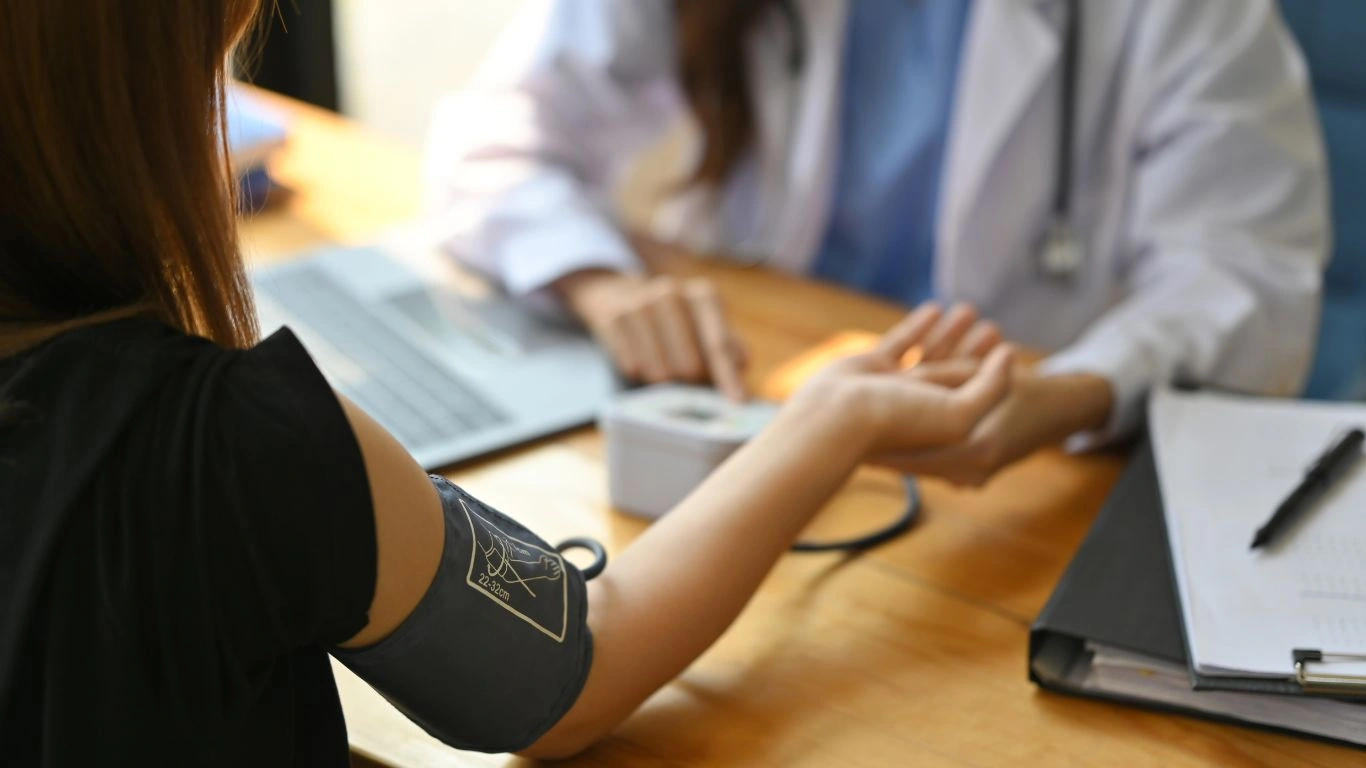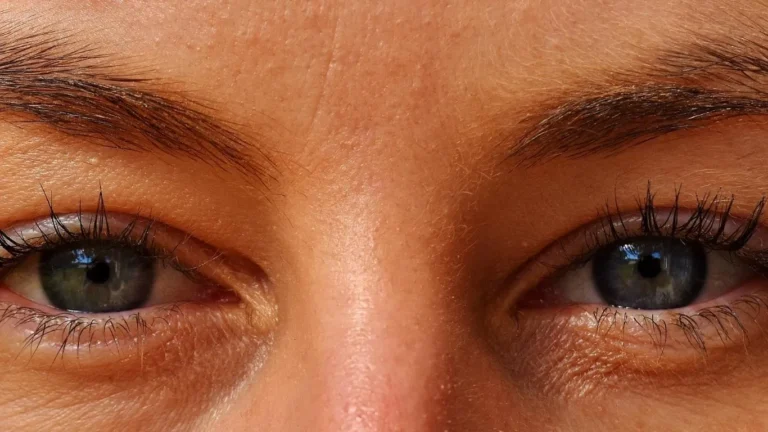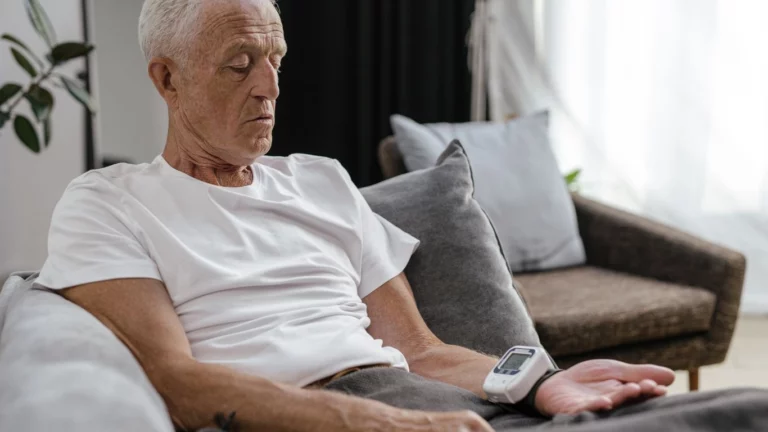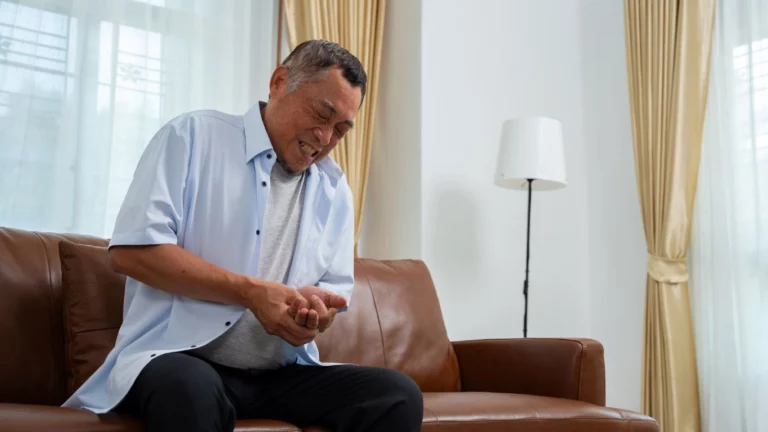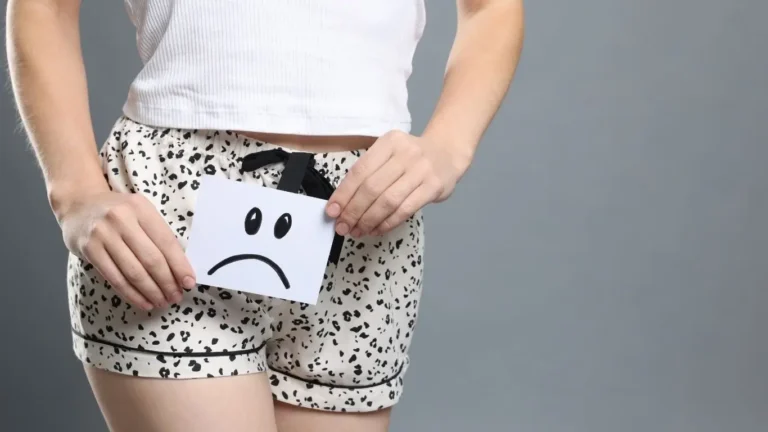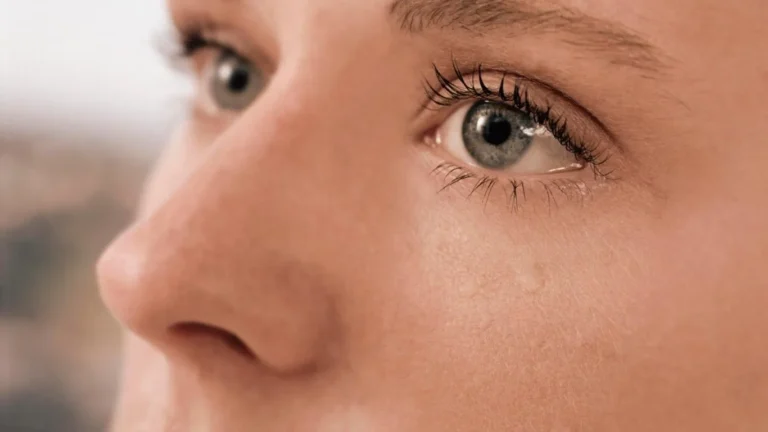Post-Meal Tips for Reducing Hypertension 🥗💪
If you’re dealing with high blood pressure, you’re definitely not alone. It’s a pretty common issue, but managing it doesn’t have to be as hard as it sounds. One thing that can make a huge difference is what you do after you eat. Yep, your post-meal routine can have a big impact on how your blood pressure behaves, so let’s dive into some simple tricks that can help you keep it under control without too much hassle.

Why Post-Meal Tips Matter 🧐
After eating, your body’s working overtime to digest your food, and that can cause a little spike in blood pressure. But don’t worry – it’s totally normal! The good news is, there are small things you can do right after eating to help keep that spike in check and keep your blood pressure in a good place overall. Let’s go over a few things you can try.
1. Drink Water Like It’s Going Out of Style 💧
I know, you’ve heard it a million times, but seriously – water is magic. If you want to help your blood pressure stay low, sipping some water after meals can really help. Water flushes out excess sodium (which is a big culprit in raising blood pressure), helps your body digest food, and just makes you feel better.
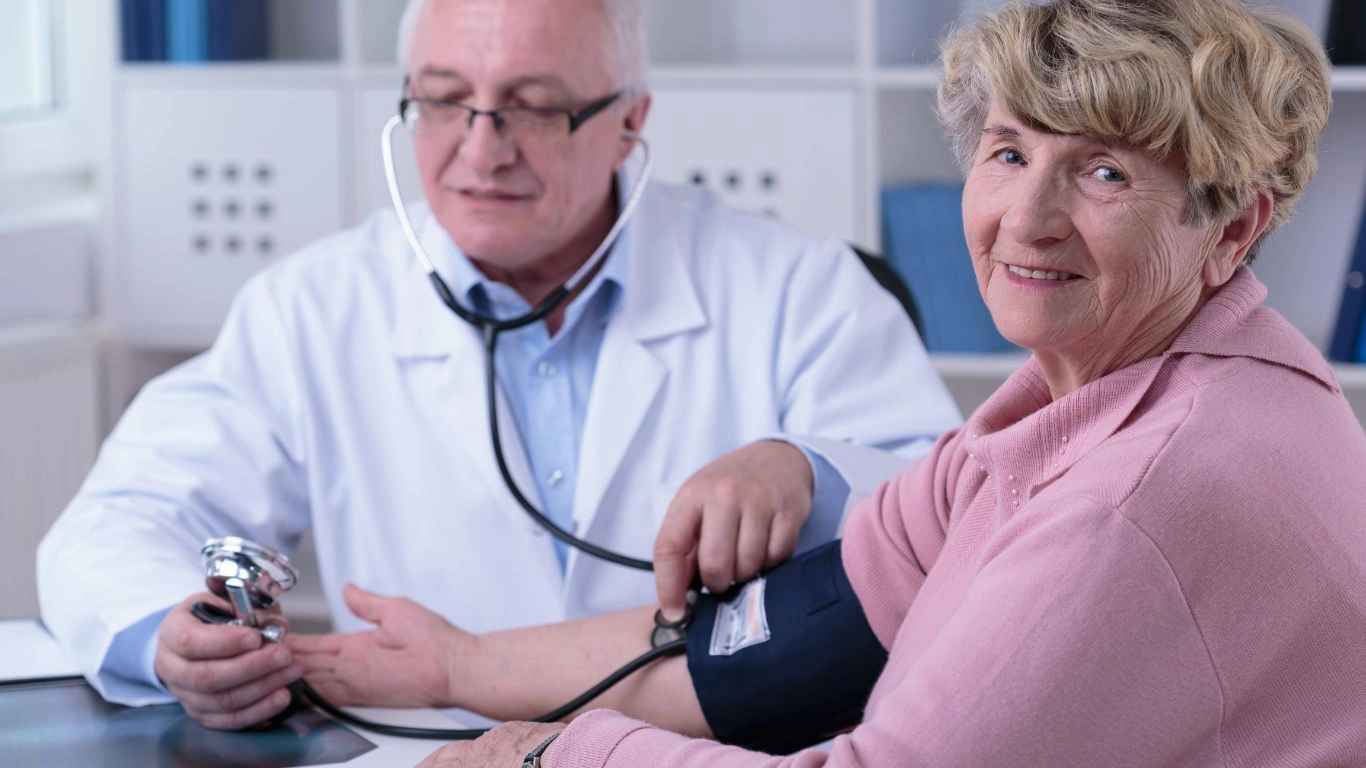
Why it works: Your body needs water to help balance out those electrolytes and get rid of any extra salt in your system. Plus, it helps your digestive system do its thing without working you up.
Pro Tip: Keep a water bottle close by and try drinking a glass right after each meal. It’s easy and doesn’t feel like a big change.
2. Take a Short Walk 🚶♂️
I know, after a heavy meal, the couch is calling your name, but trust me, a quick walk after eating can work wonders for your blood pressure. You don’t have to run a marathon, just a casual stroll around the block or even around the house will do the trick.

Why it works: A little bit of walking helps your heart pump efficiently and supports your blood circulation. Plus, it helps your body digest food faster, so you’re not dealing with that bloated feeling.
Pro Tip: Try to walk for 10-15 minutes after meals. Make it a habit, and you’ll start noticing the difference. You’ll feel more energized, too!
3. Don’t Overeat – Seriously 🍔🍕
I get it, it’s hard to say no to that extra serving of food when it looks so good, but overeating is one of the fastest ways to stress your body out. When you eat too much, your heart has to work harder, which can spike your blood pressure.
Why it works: When you eat smaller portions, your digestive system doesn’t have to work as hard, so your body can process everything smoothly without causing any unnecessary pressure on your heart.
Pro Tip: Try eating smaller meals throughout the day. Instead of stuffing yourself at dinner, go for smaller portions and more frequent meals. It’ll help keep your blood pressure stable.
4. Cut Back on Salt – It’s Sneaky 🧂
Here’s a no-brainer: if you’re eating a lot of salty foods, that’s not going to help your blood pressure. Salt makes your body hold onto water, which increases your blood pressure. So, try to cut back on the salty snacks and processed foods, and focus on fresh ingredients.
Why it works: Less salt means less water retention, which equals a more stable blood pressure.
Pro Tip: Switch out salt for herbs and spices. I’m all about flavor, so use garlic, rosemary, or lemon to season your food. Your taste buds won’t miss the salt, I promise!
5. Take a Deep Breath 🧘♂️
Let’s face it, life can be stressful, and meals can sometimes feel rushed, especially if you’re juggling work, kids, or anything else. But post-meal stress isn’t doing your blood pressure any favors. Taking a few deep breaths can help lower your stress levels and stabilize your blood pressure.
Why it works: When you take a moment to breathe deeply, you’re helping your nervous system relax, which in turn helps lower your blood pressure.
Pro Tip: After you eat, sit back, close your eyes, and take a few slow, deep breaths. In for 4 counts, hold for 4, and exhale for 4. It’s quick and super effective.
Troubleshooting Common Issues 🤔
I know you might run into a few bumps while trying to stick to these tips. Let’s talk about some common issues and how to deal with them:
1. Stomach Issues After Eating
If you often feel bloated or uncomfortable after meals, it could be because you’re overeating, eating too quickly, or eating too much salt. Try smaller meals and make sure you’re staying hydrated.
2. No Time for a Walk
Not everyone has time for a 15-minute stroll after every meal. If you’re pressed for time, take a 5-minute walk around your house or stretch in place. Even small movement counts!
3. Craving Salt
If you’ve been eating a lot of salty food for a while, it’s tough to break that habit. Start slow – reduce the salt little by little, and experiment with new flavors that don’t rely on salt.
Case Studies / Success Stories 🌟
Sometimes it helps to hear how others have succeeded, right? Here are a couple of real-life stories of people who made small changes after meals and saw a big difference in their blood pressure.
Sarah’s Hydration Habit
Sarah, a 45-year-old teacher, had high blood pressure for years. After learning how important hydration is, she made it a point to drink water after every meal. Within 2 months, her blood pressure readings were consistently lower, and she felt better overall.
John’s Post-Meal Walks
John, 50, was struggling with high blood pressure and didn’t want to rely solely on medication. He started taking a quick walk after every meal. After just a few weeks, he noticed his blood pressure was significantly lower, and he was feeling way more energetic.
Key Takeaways / Summary ✨
- Drink water after meals to help flush out salt and keep hydrated.
- Take a short walk after meals to help your body digest and keep blood pressure in check.
- Avoid overeating by sticking to smaller, more frequent meals.
- Cut back on salt and experiment with other flavors.
- Take deep breaths to relax and reduce stress.
FAQs 🤷♀️
Q: How soon after eating should I walk?
You can walk right after eating, but it’s best to wait about 10-15 minutes if you had a big meal. Keep it light and easy – no need to run a marathon.
Q: Can deep breathing really lower my blood pressure?
Yep, it’s actually one of the simplest ways to relax your body and bring your blood pressure down. Try it for a few minutes every day!
Q: How much water should I drink after meals?
A glass of water is a great starting point. If you’re feeling thirsty, drink more – just listen to your body.
References 🚨
- American Heart Association. (2023). “High Blood Pressure and Your Health.”
- National Institute of Health. (2022). “The Importance of Hydration.”
Disclaimer 🚨
This post is all about sharing tips that have worked for many people, but it’s not medical advice. Always check with your healthcare provider before making big changes to your diet or lifestyle, especially if you have any health conditions.
Call to Action 🚀
If you found these tips helpful, share them with someone you care about! Managing hypertension doesn’t have to be a drag – small changes add up over time. So, take it easy, stay consistent, and your blood pressure will thank you.
Got any tips of your own? Drop them in the comments below. Let’s help each other out! 💬

Dr. Gwenna Aazee is a board-certified Internal Medicine Physician with a special focus on hypertension management, chronic disease prevention, and patient education. With years of experience in both clinical practice and medical writing, she’s passionate about turning evidence-based medicine into accessible, actionable advice. Through her work at Healthusias.com, Dr. Aazee empowers readers to take charge of their health with confidence and clarity. Off the clock, she enjoys deep dives into nutrition research, long walks with her rescue pup, and simplifying medical jargon one article at a time.

